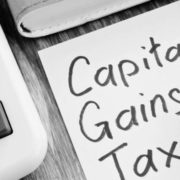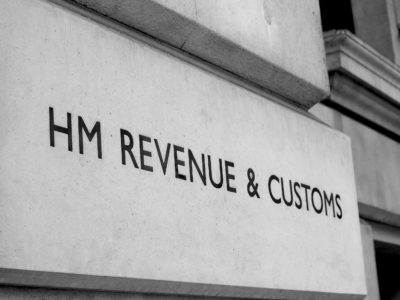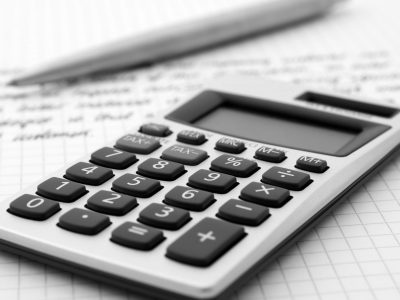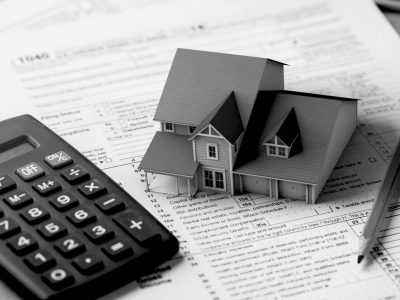You may be aware that investing in property isn’t always about buying bricks and mortar. There are other ways to enjoy the opportunities that the property market brings, and they are generally easy to access for most people. However, anyone looking to buy into property investment products will need to be aware of the tax implications of these types of investments.
Here we look at some of the more common types of property investment products and how they might impact your tax bill.
What are the alternatives to buying property?
Although it is widely accepted that investing in property can be lucrative and is generally a good bet, especially in the long-term, buying actual bricks and mortar does come with a major financial outlay and commitment.
Not only do you, at the very least, need to have access to a deposit to obtain a mortgage, you’ll also find other expenses involved with purchasing a physical property, such as Stamp Duty Land Tax, solicitors fees and estate agent fees. You will also need to pay for the maintenance of your properties.
And then there’s taxation. If you’re letting your property out, you’ll usually need to pay tax on the income you receive and. If you’re selling a property for profit, you’ll need to pay up to 28 per cent in capital gains tax (CGT) on any profit, if the property was an additional home, such as a buy-to-let property.
Perhaps a more accessible way to still enjoy some of the (potential) benefits of investing in property without having to get your hands dirty, so to speak, is to invest in a property investment product.
Property ISAs
You can now save up to £20,000 each year into a property ISA. These stocks and shares ISAs specialise in property investments. The money you pay in will go into real estate investment trusts and other online platforms. The cash is used to fund buy-to-let properties in major UK cities and the cash you invest will track the market. In addition to this, you will also receive income from rent charged to tenants in these buy-to-lets.
You can move money between ISA accounts without losing tax-free benefits and receive all the gains tax-free, providing you only invest up to the limit of £20,000 a year.
Peer-to-peer lending
Online platforms have sprung up all over the place to help match lenders with borrowers in various different industries and markets. As a lender, you can use a peer-to-peer platform to arrange a tailored investment opportunity for you.
The money you lend is used to fund buy-to-let mortgages for investors. But don’t worry – you won’t be putting all your eggs into just one property investor. Your cash, can be split across a number of these mortgages to reduce the risks involved. Depending on your arrangement, you’ll usually receive a monthly income from your investment
Income made from these investments is counted for income tax purposes, which means you may have to pay tax at 20 percent, 40 per cent or 45 per cent, depending on whether you are a basic rate, higher rate or additional rate taxpayer. You will also need to declare the income on an annual tax return and pay what is owed as the income tax won’t be taken at source, as it would on interest from a savings account.
What’s an Innovative Finance ISA?
This is a breakthrough product that is still being testing by the Financial Conduct Authority (FCA) and is therefore not yet widely available. From a taxation point of view, Innovative Finance ISAs will be great news as they should allow investors to put their peer-to-peer investment income into a tax-free ISA wrapper, allowing them to enjoy tax-free gains from investing in the buy-to-let market.
Property Funds
Commercial property can be even more lucrative than residential property and you could grab your slice of the potential profits through investing in a property fund. These are open ended investment companies (OEICs) or unit trusts that gather cash from a number of investors before investing all the money in commercial property.
The investment is usually made in the form of opting to buy a unit or a certain number of shares at the price quoted that day – this may rise and fall alongside the performance of the investment.
In terms of taxation of property funds, you can already opt to hold your property fund in your stocks and shares ISA, which means gains on investments of up to £20,000 will be tax-free. Beyond this £20,000 cap, dividends paid out by the property trust will be tax-free for the first £5,000, then dividend tax of 7.5 per cent will be payable for basic rate taxpayers, rising rapidly to 32.5 for higher rate taxpayers and 38.1 per cent for additional rate taxpayers.
CGT may also be charged on the money made from property trusts when you sell your units from a unit trust, for example. However, CGT will only be payable above your annual allowance and at a rate of 10 per cent for basic rate taxpayers and 20 per cent for higher rate taxpayers.
When you sell actual property at a profit, capital gains tax is charged at a much higher rate: 18 per cent and 28 per cent for basic rate and higher rate taxpayers respectively.
It’s vital that you take the advice of an investment expert, such as an independent financial adviser before opting to invest in any of these products. Remember, investment always comes with risks, but you can limit your exposure to tax on any gains if you consider your options carefully.

























Comments